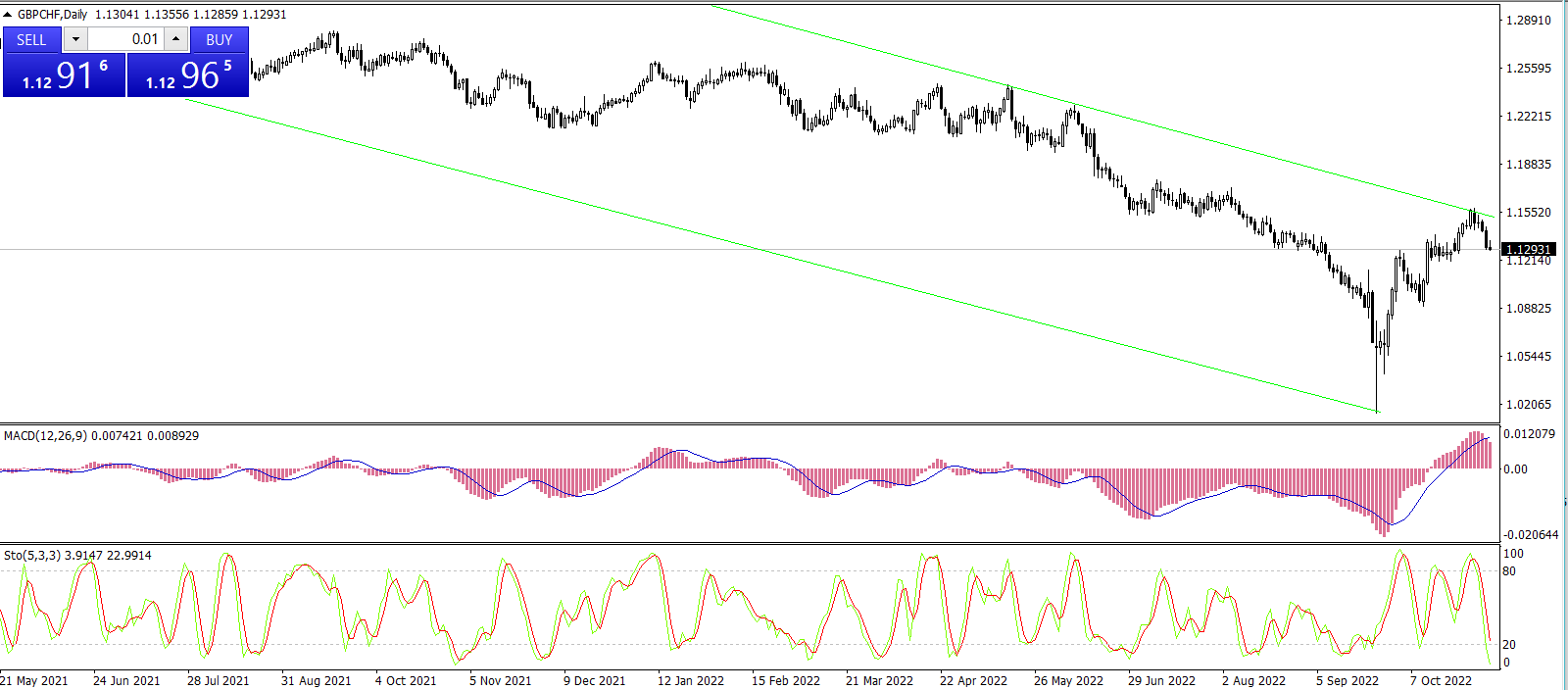The fall of the pound at the end of September will be remembered by traders and economists for a long time, and the reasons will be analyzed. It was a great opportunity to enter the market with purchases at the lowest price, although many believed that the rates could have been even lower. Perhaps they were not mistaken, and this will happen later, since we see the resumption of the downward movement on the chart. In fact, nothing extraordinary happened on the daily chart, and that fall and then recovery corresponds to the usual downward trend, with a price correction after the next low.
This week, the focus was on the meeting of the Bank of England. As expected, they raised the rate by 75 basis points. As a result, it did not help the pound to strengthen at all - the decline in value continues against the background of economic problems and the recession. The Bank of England does not manage to be as aggressive as the Fed and they confirmed the recession until 2024. As it became known, business activity in the UK was only 46 pips in October, although this is even more than expected.
The Swiss economy is in a much better position: business activity is above 50 points , inflation is low, and demand for safe assets is high. However, the Swiss National Bank is suffering huge losses due to the strengthening of the franc, which they themselves have publicly reported. But the strengthening of the franc is inevitable, especially in the confrontation with such weak currencies as the GBP.

Next week, we expect the publication of the UK GDP report and the unemployment report in Switzerland. Most technical analysis tools indicate the effectiveness of the deals to SELL in the near future. Perhaps the new UK government did not have enough time to strengthen the pound, or maybe they are not striving for this, in the hope that a weak pound will increase the competitiveness of British goods. Anyway, our choice today is the deal to SELL.





